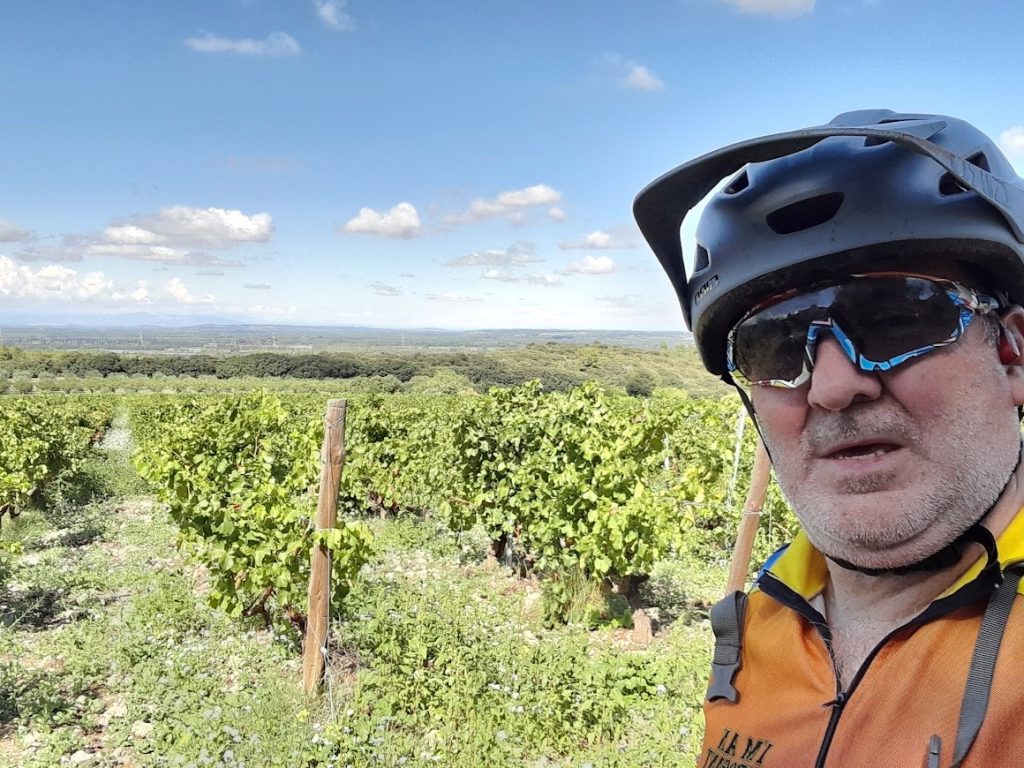Each week I’ve been adding a brief tidbits section to the THCB Reader, our weekly newsletter that summarizes the best of THCB that week (Sign up here!). Then I had the brainwave to add them to the blog. They’re short and usually not too sweet! –Matthew Holt
Meanwhile, it’s time for Matthew’s tidbits and of course given their recent news-making I am going to focus on Amazon in health care. The news is of course that they are in health care in a big way, buying One Medical. The news is also of course is that they are out–shutting down Amazon Care.
This reminds me of the famous criticism delivered in the British parliament by one MP about another back the last time (in the 1970s) there was a vote about leaving the EU. “The Honourable gentleman can’t make up his mind. First he’s in, then he’s out. In, out. In, out. This is the politics of coitus interruptus.” After a moment a voice from the backbenches shouted “Withdraw.”
So is Amazon in or out?
They are out of their 4 year effort to build a hybrid telehealth-to-home medical group that helps mainstream employers manage their costs. This is despite stating their intent just a few months back to add new clinics and this year adding a decent number of employer clients including Hilton hotels–before that they only really had a few of their own employees as clients. Interestingly enough, it was the development of this platform that convinced Amazon that they didn’t need Haven–their alliance with JP Morgan and Berkshire Hathaway which was developing a similar offering.
They are in to the business of One Medical to the tune of a $3Bn acquisition as well as putting in $300m extra cash so far, and likely a lot more later. Like Amazon Care, One Medical has a hybrid telehealth and clinic approach (though no home visits as yet). When Amazon said they were killing Amazon Care, they suggested that a lack of employer uptake was the biggest problem. One Medical does have employer clients. But these aren’t mainstream low or medium wage employers to whom they are delivering capitated care at a worksite. In One Medical terms that means an employer pays their employees’ $200 per member annual fee, after which the employee can see a One Medical doctor. And curiously enough by far their biggest employer client is Google.
One Medical says that they lower overall costs for their employer clients, but to use another British political line, “they would say that wouldn’t they.” In reality One Medical does very little specialty or hospital care management, and via its relationships with local high-priced health systems is able to charge insurers very high prices for primary care which they seem to actually pay! (And yes I have lots of personal experience here..). Putting aside the fact that One Medical somehow is contriving to still lose loads of money–a big reason why it put itself up for sale–it is not an organization trying to manage costs for employers in value-based care arrangements, unlike say Firefly Health or even Crossover Health (of which Amazon is a big client for its lower paid workers).
You’ll notice that I am conveniently ignoring the Iora Health part of One Medical which they inexplicably bought last year. Iora focuses on capitated services for Medicare Advantage plans, and it is trying to manage costs. Though given the amount it’s losing, that effort isn’t going so well either.
It’s possible that Amazon is going to surprise us and try to turn Iora + One Medical into a capitated giant to work with and steal the margin of the big Medicare Advantage plans. Then later, move that strategy into mainstream employers.
But if they were going to try that it would probably have been easier and more culturally aligned to merge Iora with Amazon Care. My suspicion is that Amazon means what it says and is finding it too hard to manage costs for employers. My guess is it will jettison Iora, keep using Crossover and others to manage costs for its own lower-paid employees, and try to turn One Medical into a Whole Foods-like national brand for the cost- unconscious top 25% of Americans….and somehow make it profitable.
If they manage that it would be great for Amazon’s business. But it would be very disappointing for those of us hoping that Amazon was going to have a serious go at providing a low-cost, innovative service that was trying to lower overall health care costs for employers and make a serious dent in the market power of America’s high priced, under-delivering hospital systems.















